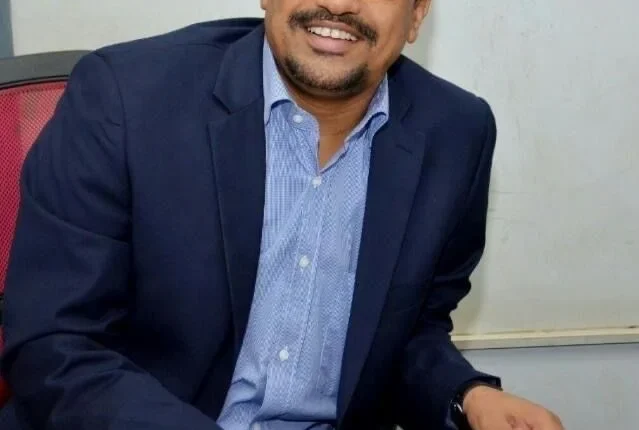What it Means to Hold the Economic Conference Amidst War

Dr. Haitham Mohamed Fathi
The government is seeking solutions to the economic crisis that has inflicted heavy losses on Sudan’s economy due to the ongoing war. By organizing an economic conference, there is potential for such an initiative to contribute to revitalizing Sudan’s economy.
Since the outbreak of the war, Sudan has witnessed a decline in development levels, weakened development capacities, shortages of local resources, severe disruptions in the production structure, reduced investment rates, and an exodus of both domestic and foreign capital.
These factors have halted developmental activities and increased reliance on imports. In light of these challenges, two of the fastest solutions for the Sudanese economy during wartime are either obtaining consistent external support from friendly or neighbouring countries and international funding organizations or relying on safe zones by developing production plans and containing the war within a very limited scope.
The organization of the economic conference indicates the government’s aim to address the economic disruptions, productivity, and financial and monetary policies caused by the ongoing war since April 2023. The conflict has severely impacted some of the most productive regions in the country, prompting the government to seek alternatives. The economy relies on finding substitutes when pre-war financial resources are no longer viable. Thus, the Ministry of Finance is exploring sectors capable of generating revenues to cover wages, electricity, public services, road maintenance, healthcare, and education.
The conference must focus on devising plans to ensure the continuous, stable, and sustainable provision of goods, services, and infrastructure to citizens under the current circumstances. The government should implement a set of measures and policies derived from the conference recommendations to address the current crisis. These measures could include scenario planning that adapts to evolving political and security developments.
A significant portion of Sudan’s budget has been directed toward defence and military expenditures, necessitating the reallocation of resources from other sectors. Additionally, part of the budget is being used to address internal security challenges, such as preparing shelters, responding to health emergencies, and addressing food and security gaps. This involves ensuring the population’s basic food and healthcare needs during the war through a strong strategic reserve.
Currently, the Sudanese economy faces a fiscal imbalance, marked by a significant shortfall in revenues and rising public expenditures, resulting in a widening budget deficit. This has also caused substantial disruptions in the balance of payments and trade balance, coinciding with structural deficiencies in governance and weak state management.
In my view, the conference represents a sincere attempt to rebuild Sudan, its institutions, and infrastructure, while striving to develop economic recovery plans to address these exceptional circumstances.
Shortlink: https://sudanhorizon.com/?p=2733

